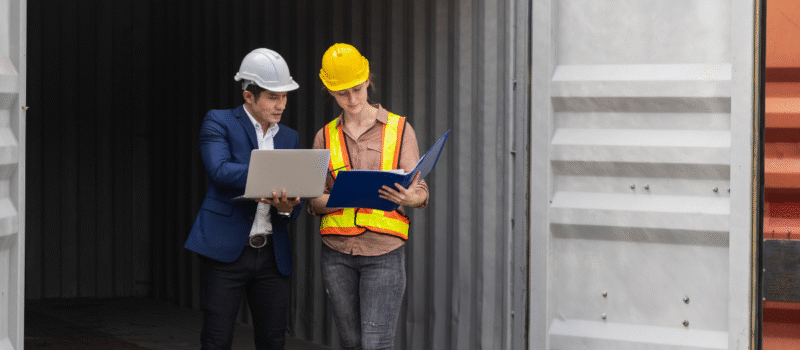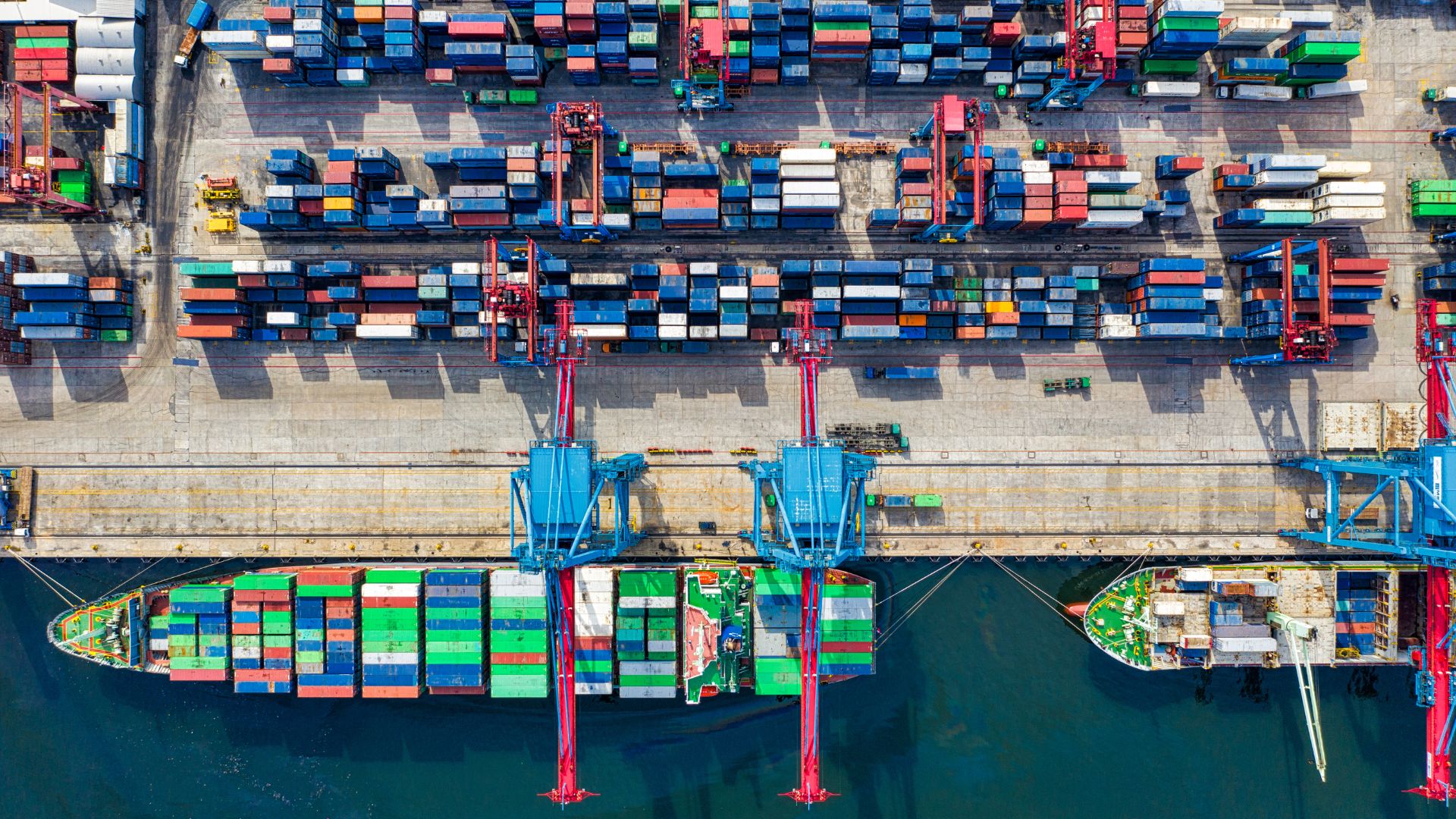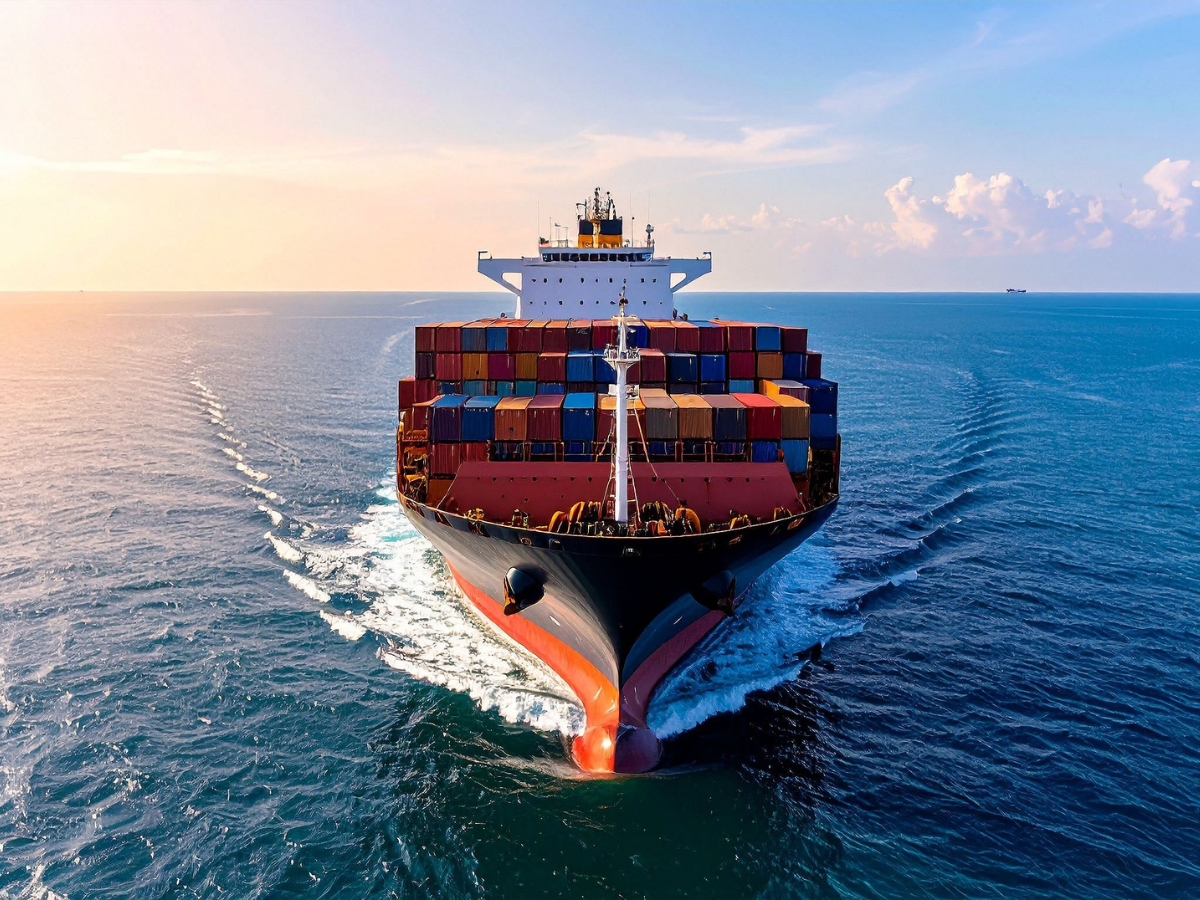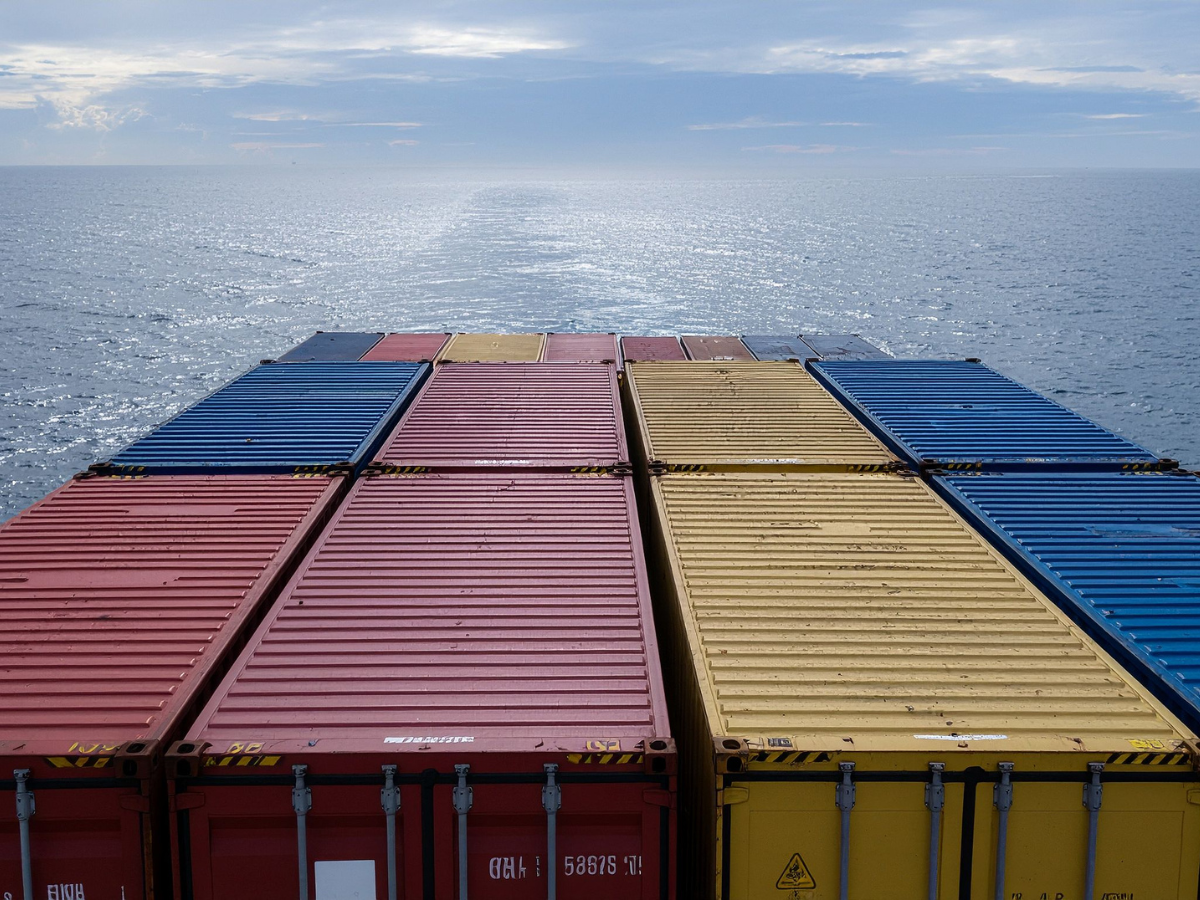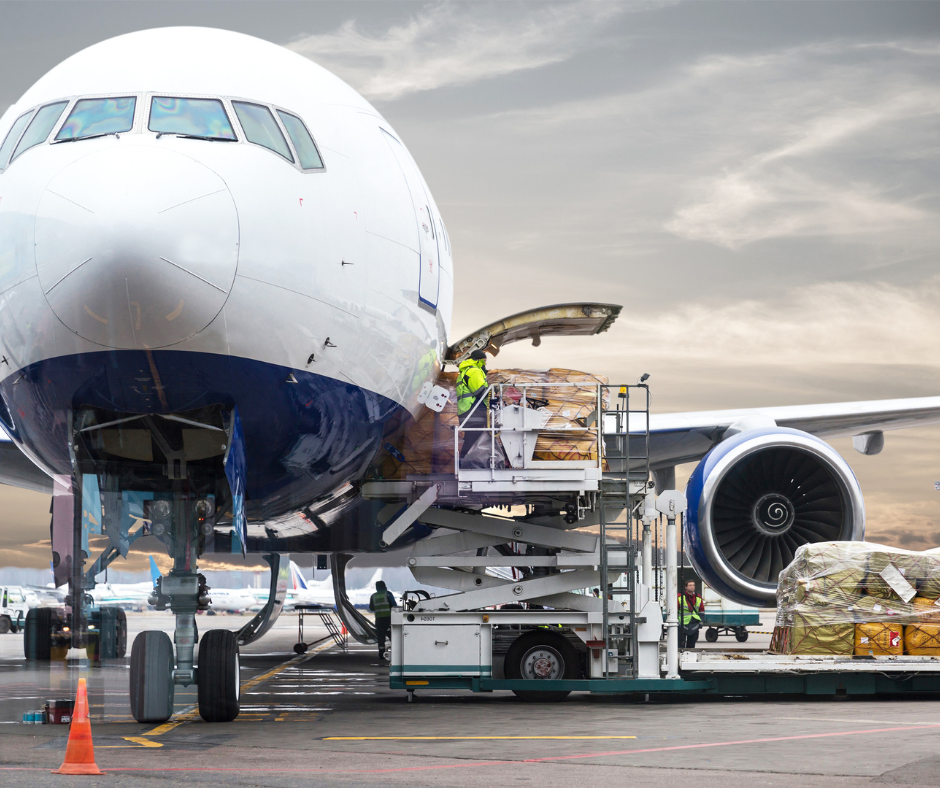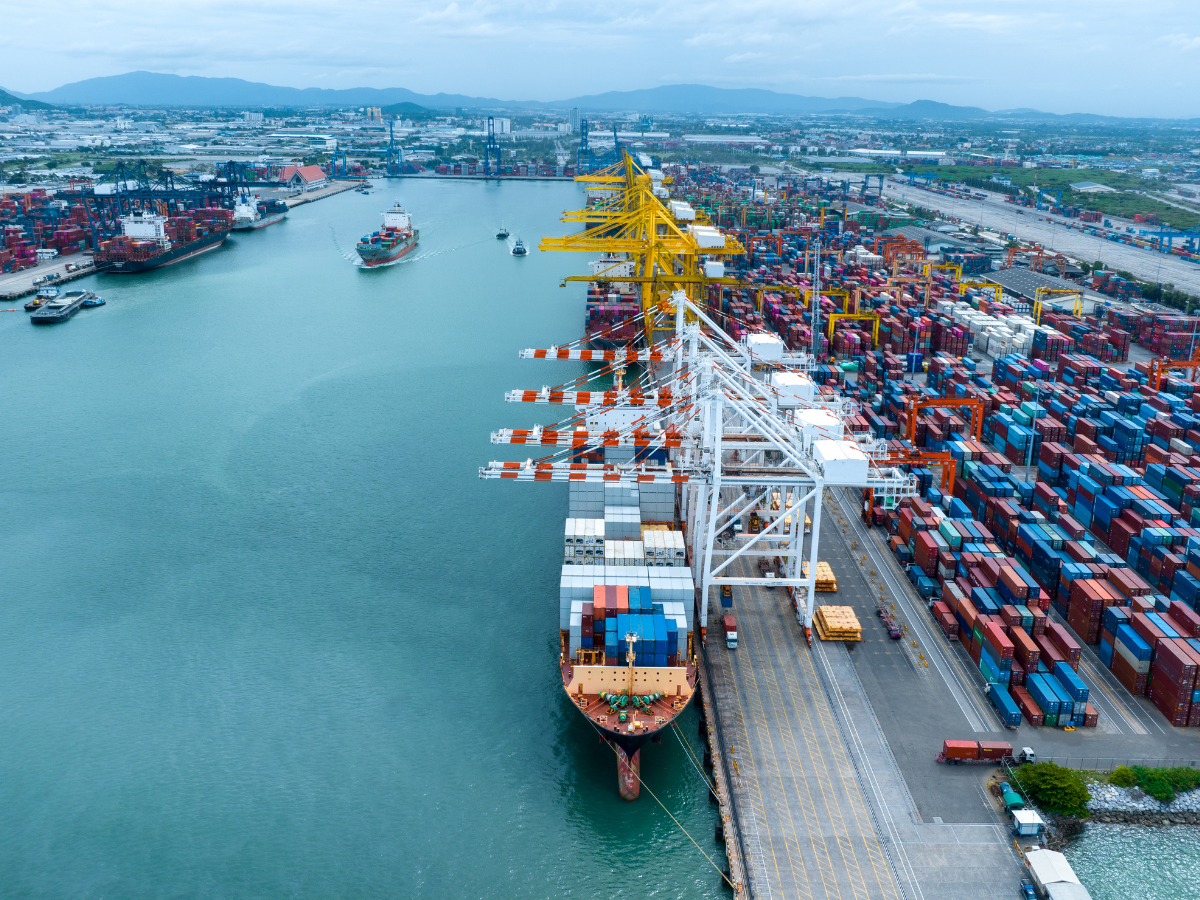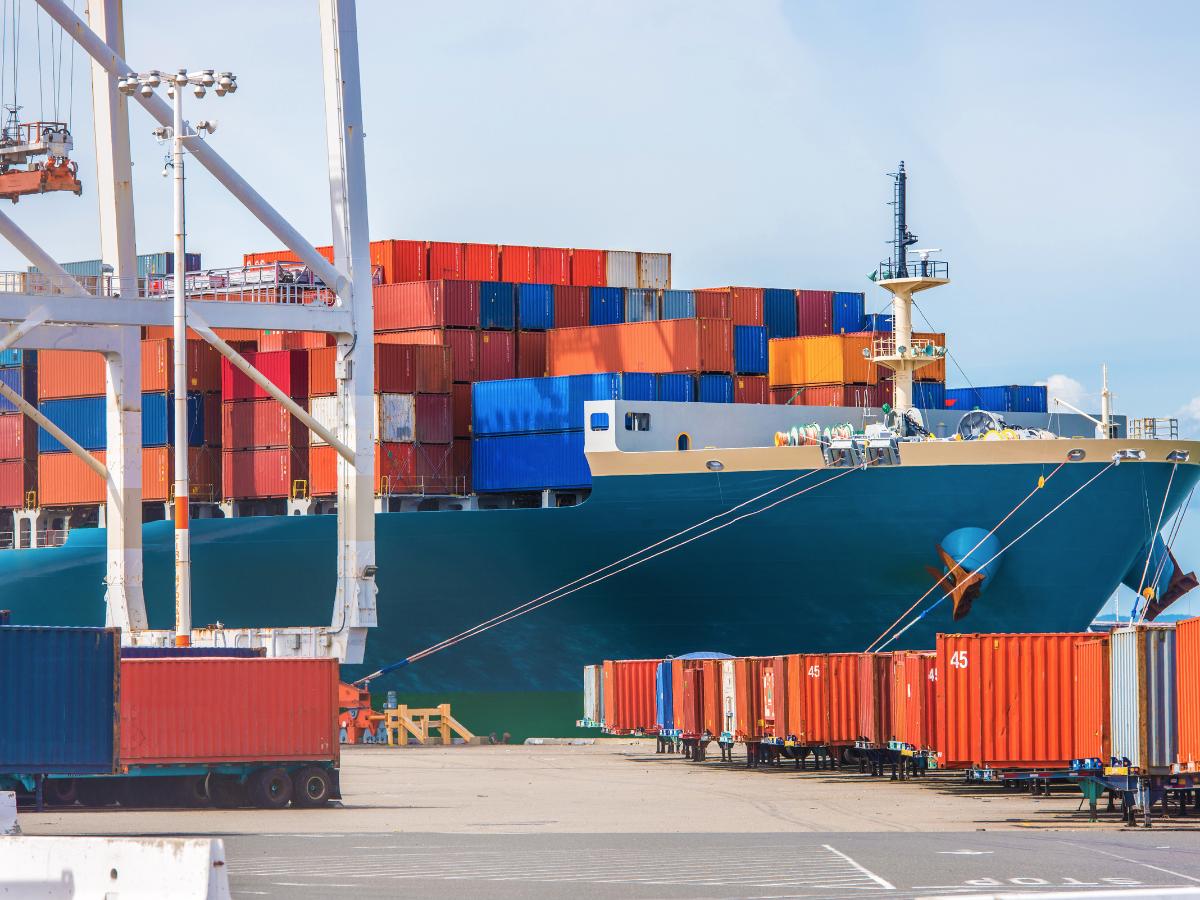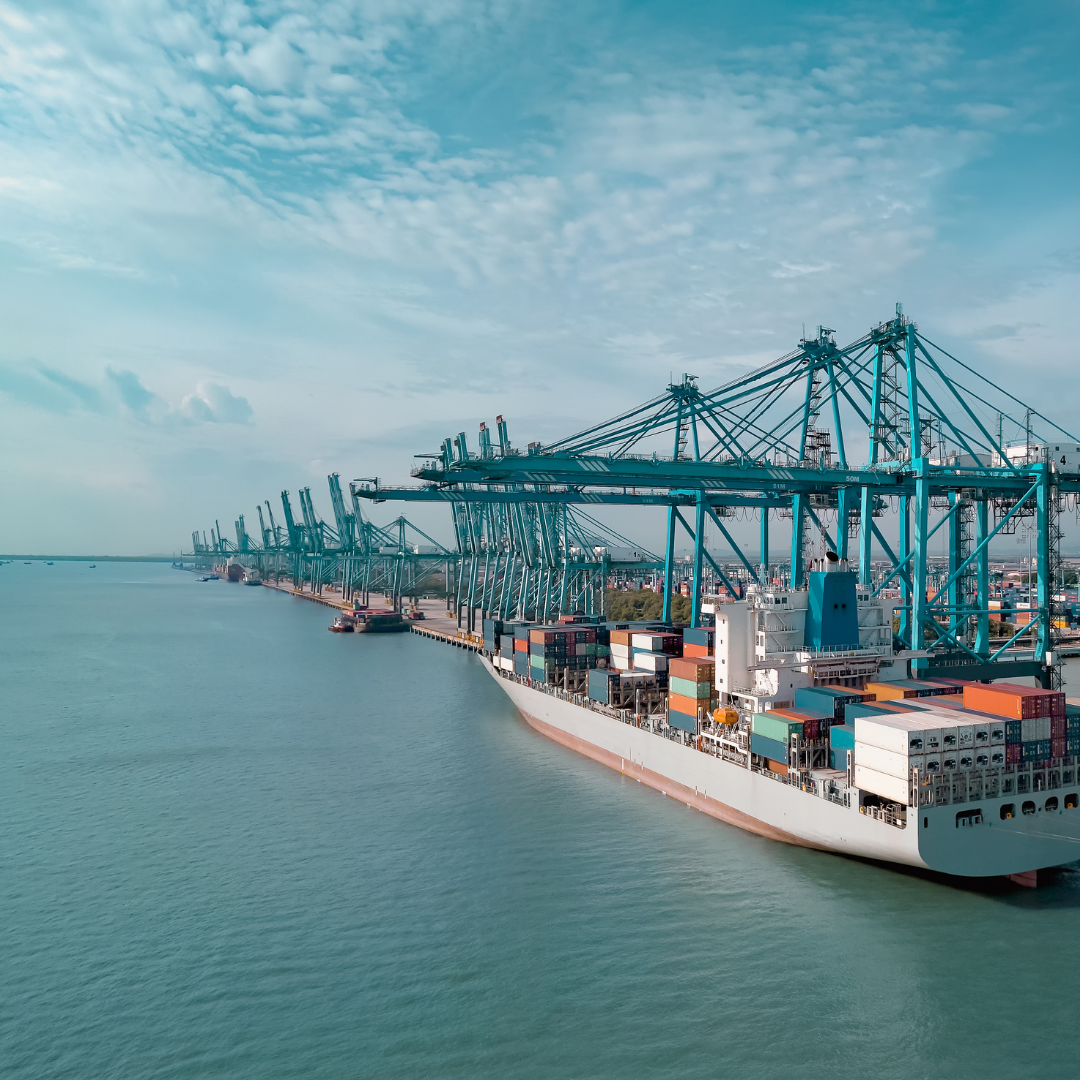When expanding trade or importing goods into Costa Rica, many businesses underestimate the importance of partnering with the right customs brokers Costa Rica. Selecting an inexperienced or ill-suited customs broker can lead to serious delays, fines, or compliance failures. At SICSA International Logistics Operation, we have seen clients suffer avoidable setbacks simply because they made common mistakes in choosing their customs broker. In this post, we explore those pitfalls so you can make a wiser decision.
Overemphasizing Low Cost Over Expertise
One of the first mistakes is prioritizing a low price quote over technical capability. Customs brokerage is a specialty service requiring deep regulatory knowledge, careful documentation, and strong relationships with government agencies. A broker who underbids may cut corners, use inexperienced staff, or delay responses—only to pass hidden costs or penalties downstream. The result is that the “cheapest” broker may end up costing far more in delays, fines, or rework.
Neglecting Local Regulatory Knowledge
Costa Rica’s customs rules, tariff schedules, and import regulations are complex, and they shift over time. A broker unfamiliar with local nuances—such as how to treat sanitary permits, agricultural imports, or origin certification under CAFTA — might make classification errors or miss mandatory licenses. Mistakes in these areas lead to significant fines or seizure of goods. The best brokers maintain up-to-date legal compliance and regulatory monitoring; choosing one without local insight is risky.
Ignoring Broker’s Track Record and References
Many businesses fail to verify a broker’s reputation or request references. Without hearing from prior clients, you won’t know how reliable or responsive the broker truly is. Delays, poor communication, or pushback at customs may plague you—and you may have no recourse if the broker has no track record. Always ask for case studies or client feedback to assess whether the broker consistently delivers reliable service.
Relying on a Single Contact Without Backup
Some businesses rely heavily on a single individual within a brokerage firm. If that person leaves, goes on leave, or becomes unavailable, your communication and operations may grind to a halt. A robust customs broker organization ensures multiple points of contact, escalation paths, and internal backup so your shipments are never stalled. Overlooking this resilience is a common oversight.
Failing to Scrutinize Contract Terms
Another critical mistake is accepting vague or open-ended contracts. Some brokers include clauses that allow them to bill extra for “unforeseen work,” storage, corrections, or “administrative charges.” Without precise definitions of scope, fee caps, and responsibilities, your business may face surprise costs. Always read the fine print: you need transparency about how they handle rejections, amendments, audits, or inspections. Not doing so can turn what seemed like a simple broker agreement into a financial liability.
Underestimating Responsiveness and Communication
Customs clearance often involves time-sensitive questions, missing documents, or last-minute change requests. If your broker is slow to respond, your shipment may sit in limbo at customs. Insufficient communication—including lack of proactive alerts, status updates, or escalation when issues arise—is a red flag. A broker should act as your eyes and ears: giving you real-time visibility and anticipating complications—not waiting for you to chase them.
Overlooking Technology and Digital Capabilities
In today’s global trade environment, efficient electronic documentation, customs systems integration, and digital tracking matter. Some brokers still rely heavily on manual paper processes, which are slower, error-prone, and less transparent. If your broker lacks modern systems—or can’t integrate with your software—you may suffer delays or data discrepancies. Choosing a technologically backward firm is a misstep many regret.
Failing to Plan for Audit or Post-Customs Support
Clearing customs is not the end of the journey. Audits, post-clearance inspections, or retrospective queries may arise months later. Some brokers shirk responsibility or vanish once the shipment is released, leaving you to deal with follow-up liabilities. The mistake here is selecting a broker that won’t support you after clearance. A strong broker stands by you throughout audits or appeals—or at least provides risk mitigation planning.
Underestimating Complexity of Special Goods
If your imports include regulated items—such as pharmaceuticals, foodstuffs, electronics, or agricultural products—you need a broker experienced in handling these categories. Some businesses assume any broker can do it, but the reality is that these goods often require special permits, lab certificates, health clearances, or environmental reviews. Using a generalist broker ill-equipped for complex goods is a frequent cause of seizures, rejections, or extra fines.
Conclusion
Choosing the wrong customs broker can bring troubles that go far beyond a delayed shipment. By avoiding the mistakes above—like overemphasizing cost, ignoring local expertise, failing to verify track record, or overlooking post-clearance support—you greatly reduce your exposure to regulatory, financial, and operational risks. At SICSA International Logistics Operation, our team ensures that your customs handling in Costa Rica is compliant, transparent, and responsive. Partner wisely, and you’ll avoid the pain many businesses face when they don’t.

